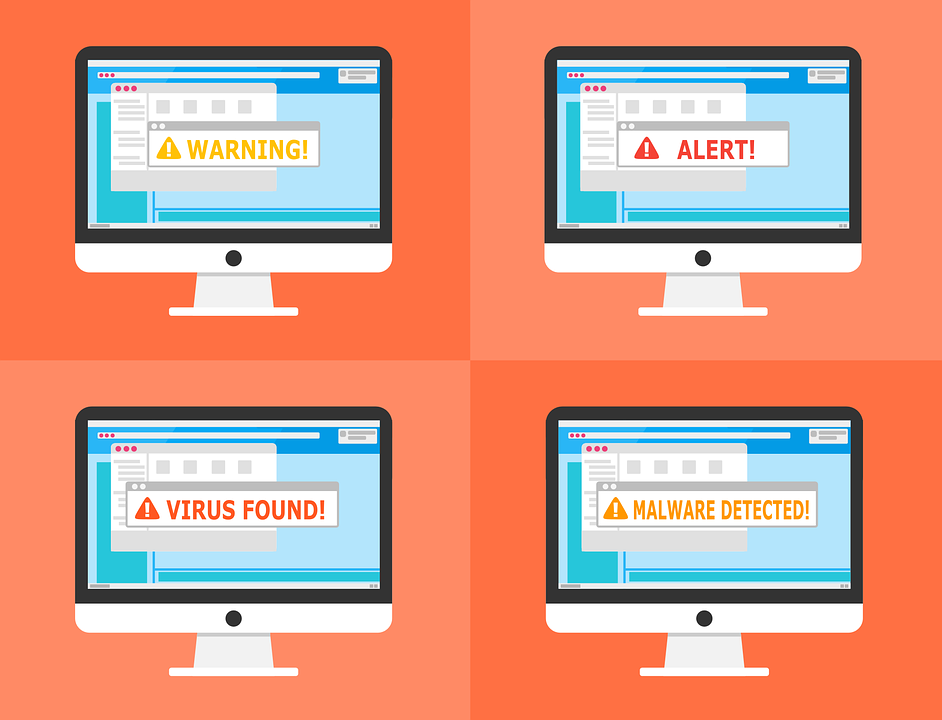Understanding basic computer terminology is a necessary part of owning a business in this modern age. Most businesses require an online presence to reach more potential customers and give their brand greater legitimacy. Familiarize yourself with the following vital computer terms and sound like a pro even if you do not know much about modern technology.

Contents
Top 13 Technology Terms Every Business Owner Should Know
1. Browser
A browser is a free software program or mobile application that comes pre-installed on your computer or smartphone and allows you to view websites and browse the Internet. It converts HTML and XML code into documents readable by humans.
2. HTML and XML
Hypertext Markup Language, or HTML, is the programming language used to build web pages. The HTML code informs your browser when to display graphics or text and what order to do so. XML stands for eXtensible Markup Language and is similar to HTML, but focuses on databasing and cataloging the text of the webpage.
3. Uniform Resource Locators (URLs)
A URL is the address of an internet file or webpage and includes the protocol, http or https, the host like .com, .org, or .edu, and the page name or file name to be accessed. It is formatted like so: http://www.google.com
4. HTTPS and HTTP
Hypertext Transfer Protocol, or HTTP, is the standard method of data communication for a webpage. It indicates that all the texts, pictures, and links should work on a website. HTTPS stands for Hypertext Transfer Protocol Secure and functions in the same way as the HTTP, but adds an additional layer of encryption to protect your personal information.

5. Internet Service Provider
An Internet service provider (ISP) is the government organization or company that connects you to the Internet. They offer tiered packages for a monthly fee with various internet connection speeds.
6. IP Address
An Internet Protocol address, or IP address, is an automatically assigned ID for every computer or device that accesses the Internet. It is like your online license plate that allows you to be traced by third-parties or law enforcement.
7. Downloading
Downloading is a catch-all term for transferring a file found on the Internet to your computer, smartphone, or table. Users generally download things like music, movies, computer games, and software. Downloading can take anywhere from a few seconds to a few hours depending on the size of the file.
8. Firewall
The generic term firewall refers to any barrier that prevents destruction. A computer’s firewall is made up of both hardware and software to protect your computer from viruses and hackers. Most computers come with a standard firewall, but you can find additional protective hardware or software solutions as well.
9. Malware
Malware refers to any malicious software designed by a hacker for several purposes including, but not limited to, vandalizing your computer or network, stealing your personal information, taking control of your computer remotely, and manipulating you into purchasing a product.

10. Trojan
A Trojan is a program designed by a hacker to look like an actual software program or genuine file like a downloadable movie. The user must activate the program or file by downloading and installing it on their computer. The Trojan file then allows the hacker access to the computer and all of its files.
11. Phishing
Another type of online fraud, phishing involves a thief sending out emails or links to web pages that look similar to established companies or seem legitimate enough in order to steal someone’s personal information. These thieves typically aim to steal your account numbers and PINs or passwords.
12. Cloud Computing
Cloud computing started out as a term to describe a software or service that you borrowed online rather than purchasing and installing on your computer. Now, cloud computing usually refers to cloud storage services where you upload important files and documents into the online cloud. You can then access and share these files from anywhere and from any device.

13. Blog
If you spend any time on the Internet at all, chances are you have heard of a blog. A blog is basically a modern writer’s online column. Both amateurs and professionals use blogs as a space to share their hobby interests, opinions, commentaries, personal stories, and more. A blog can be written by anyone about anything.
Once you understand these, expand your technological vocabulary even further by delving into more complicated topics and complex computer tasks.
